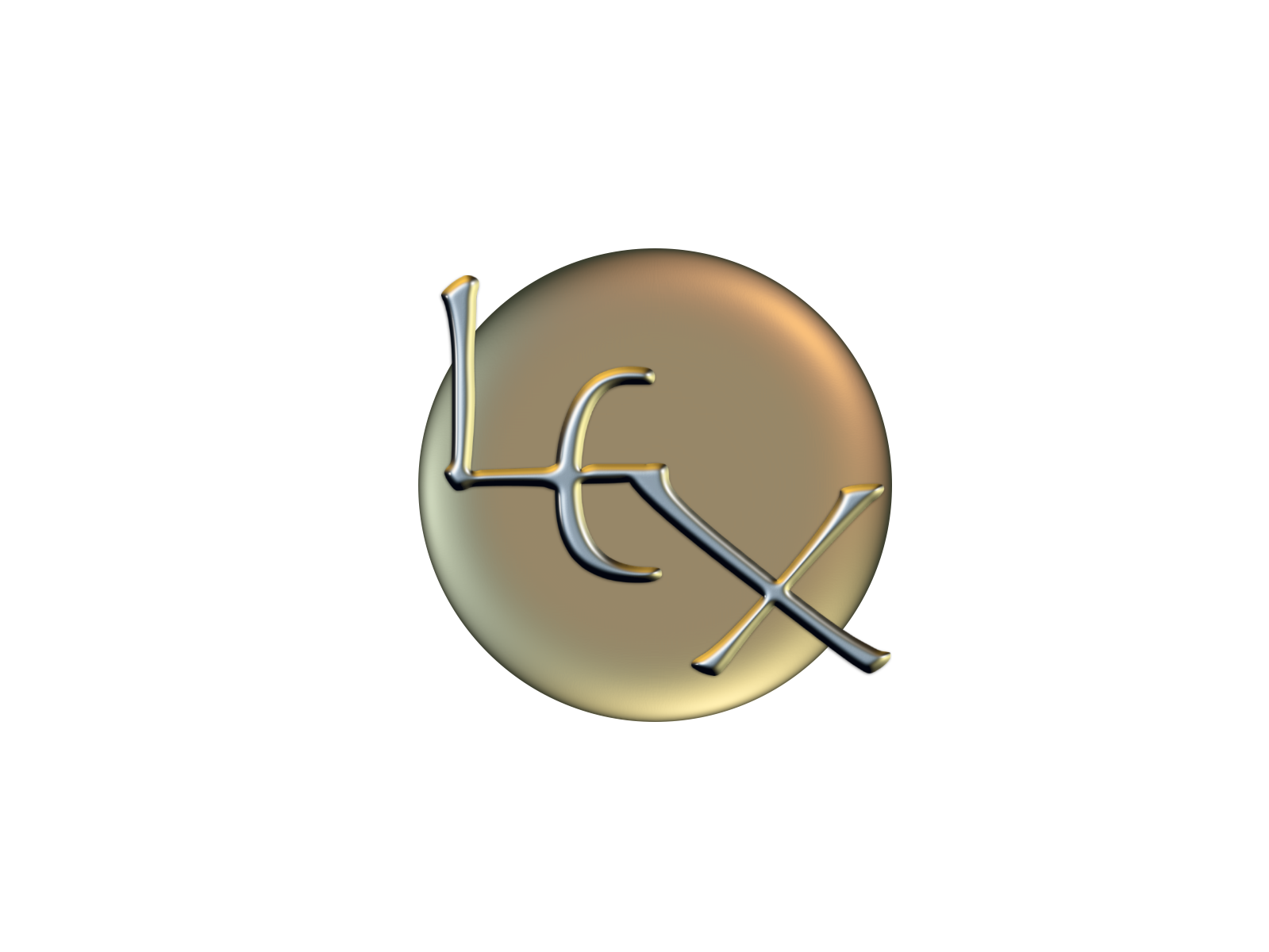I am in the final throes of my dissertation, and it is painful. I am running out of time, and while I will finish the dissertation, I may not finish the degree if I cannot meet the necessary deadlines. I'm as OK with that as I can be.
All eight chapters are written, and now I am excruciatingly checking references, citing page numbers, making sure I didn't double-cite or use the same paragraph in more than one place. I have an entire chapter analyzing movies about spelling bees, and I had to time-stamp every single quotation from a film, which meant downloading and rewatching five movies with a copy of that chapter and a pink pen in hand to mark it up. Each chapter had a collection of formats, depending on where I copied and pasted previous work from, and I've had to do the painstaking work of making sure that all the formatting is correct and consistent. I hate it. So much. And I can only do it during the workable hours that I'm not actually earning an income.
Whining aside, I'm pretty proud of it. Even if I don't finish the degree (she rationalized), I can publish the book. One of the reasons it's taken me so long, too, is that I decided to meticulously track down the actual sources of commonplace sayings about spelling, especially in my study community. It's something I've done several times on my old blog, usually with regards to phonics's received wisdom. In my dissertation, though, I'm digging not only into phonics and education, but also pop culture, and linguistics. In each of these domains, there's a lot of information that's just kind of passed down, and that doesn't fly in linguistics.
A decade ago, when I first put together a dissertation proposal, I was a less certain scholar than I am now, in a million ways. I took a lot of Real Spelling and Structured Word Inquiry stuff as though Melvyn and Pete invented it all. My dissertation has involved tracking down and explaining the actual origins of this orthographic understanding that we share. Recently, I attended an online workshop with some OG fellow-in-training or other, hosted by some IDA branch or other. The speaker shared a lot of morphological and etymological understandinds that she credited to Nancy Cushen White, but that was gross, because none of it was original to NCW. While the OGF-I-T had learned about it from NCW at some conference or other, either the F-I-T was not paying attention, or NCW didn'tgive proper credit, because every single thing, NCW either learned from me, or from Pete, or from Melvyn. All of it. And none of us were properly credited. I notified the Branch, which will, of course, sit on its charitable thumb and do NOTHING.
So I track down the origins of the word sum, and the word matrix, and the use of terms like "base element" and "connecting vowel." None of it is original to Melvyn, which he freely admits, though there are apparently plenty of things he doesn't admit (a story for another time). Anyhow, one of the phrases that gets passed around quite a bit is the identification of orthography as "human thought made visible," a quotation that's been variable misattributed to me and to others.
Welp, I finally tracked down its origins:
